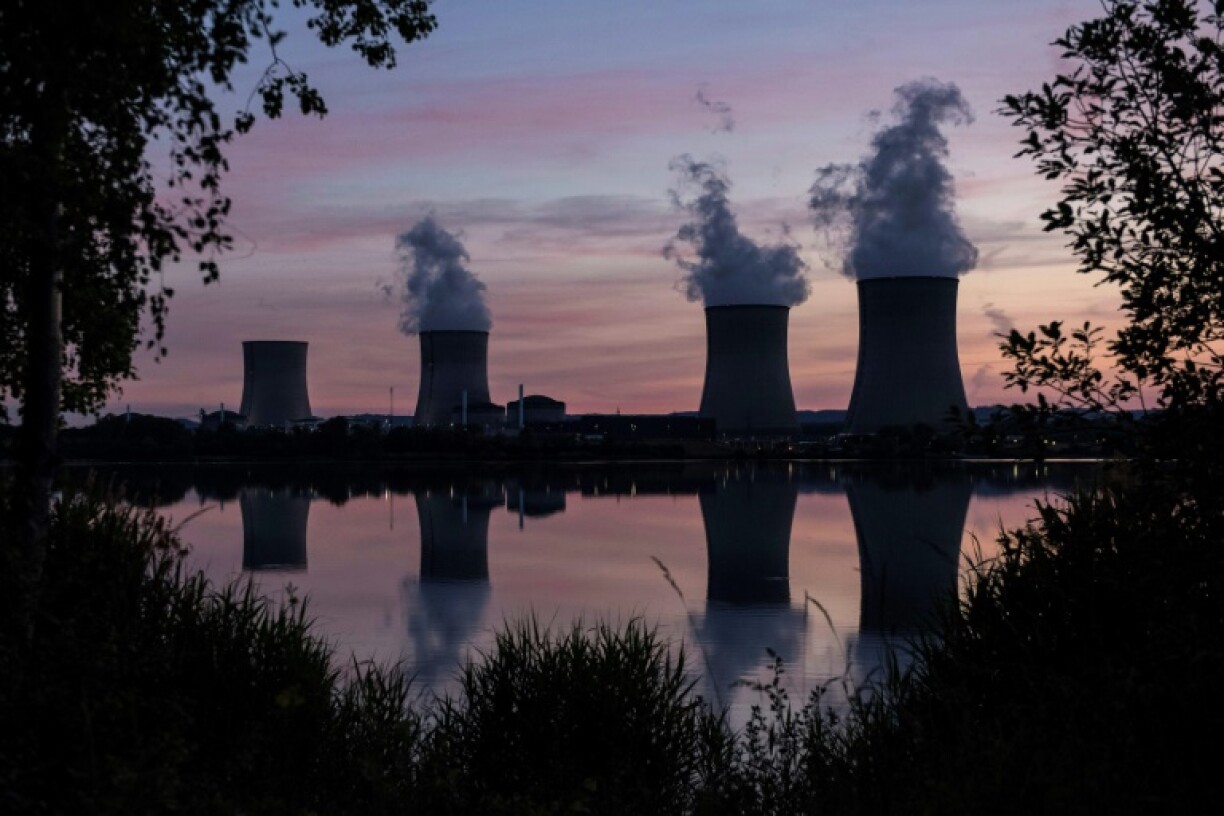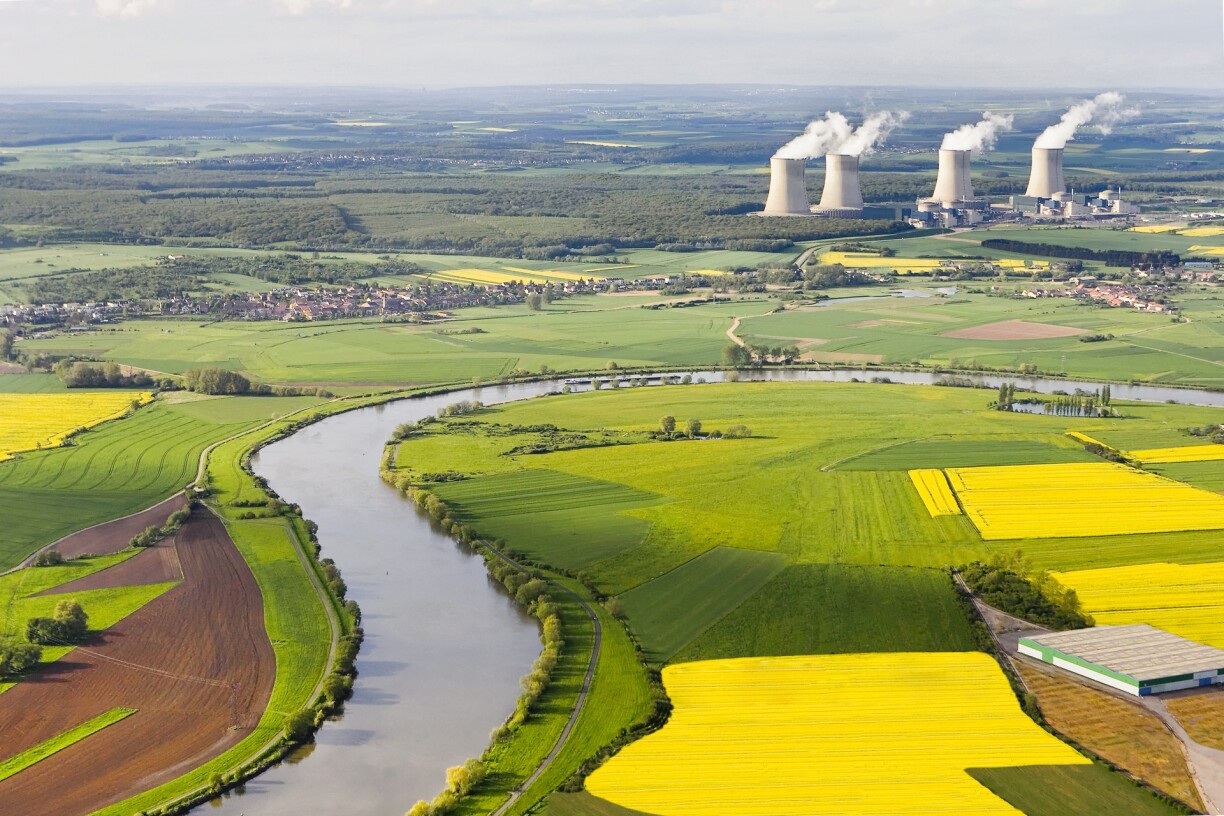
Ten more years for Cattenom. The French nuclear safety authority, which oversees French power plants, has just given EDF permission to keep its 1,300 MW reactors running for longer.
This green light comes at a time when the government has decided to relaunch the industry and debate is raging over France’s energy strategy.
The decision by the French Nuclear Safety and Radiation Protection Authority (ASNR) concerns the 20 reactors of this capacity, the oldest of which will be 40 years old from next year. Four of these are at Cattenom, the oldest of which was commissioned in 1987. France has a total of 56 reactors.
“All the measures planned by EDF and those [prescribed by the ASNR] open up the prospect of continued operation of these reactors for the ten years following their fourth periodic review,” explains the ASNR in an information note dated 1 July and made public on Thursday.
Authorisation to operate a nuclear reactor is granted for an unlimited period, but a review is scheduled every 10 years to check, in particular, the condition of the installation.
“The ambition set by EDF, as part of the continued operation of its reactors for a further ten years, is to bring their level of safety up to that of an EPR-type reactor,” emphasised the French nuclear giant.
The investment required for this 4th review is estimated at €6 billion, EDF added.

For the Ministry of Energy, this green light “meets the objective (...) of maintaining existing nuclear power generation capacity,” as the 20 reactors concerned produce more than 40% of the country’s nuclear-generated electricity.
“The extension beyond 40 years will be the subject of a public enquiry and an annual review to ensure that information on this subject is transparent,” the ministry said.
The first ten-yearly inspections of these reactors beyond the age of 40 will begin next year. The first reactor concerned will be Paluel (Seine-et-Maritime) in early 2026, EDF told AFP.
This announcement comes just a few weeks after the government signed the nuclear industry contract for the period 2025-2028, which confirmed the EPR2 programme to build six new high-power reactors, announced by Emmanuel Macron in 2022. The commissioning of the first of these reactors, initially scheduled for 2035, was postponed in March to 2038.
The revival of nuclear power, which will have to be included in the next Multiannual Energy Programme (PPE), marks a break with the previous programme adopted in 2020, which included the closure of 14 reactors, including the two at Fessenheim.
It comes against a backdrop of tense debate about France’s energy future, with all-nuclear advocates head-on opposing solar and wind power on the grounds that they are too costly for the public budget.https://infos.rtl.lu/actu/frontieres/a/2276057.html